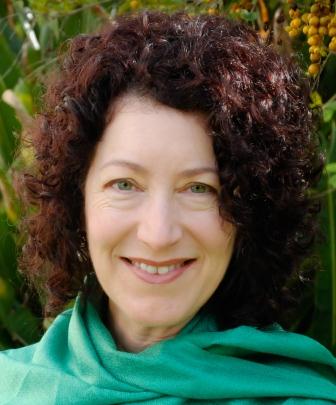Academic writing: History, herstory, your story
“We spend our years as a tale that is told” (Hofmeyr, 1993)
We all live out stories in our lives, and we understand our lives through the stories we live out, MacIntyre (1997) says. In the same vein our identity can be interpreted as a story we create about ourselves: my identity then depends on the story I choose and live out. Both story and identity are constructed through language: to be identified as a particular person (with a name, for example John), to have various characteristics attributed to oneself (such as kindness), and to refer to oneself (“I said…”, “I meant…”) mean that one is realised in language (Gergen, 1999). The world is shaped by and through language, according to André P. Brink (1998:14), “and most pertinently by and through language ordered as narrative”.
Taking this into the academic context, one could say that the identity of students – constructed by and through language – is determined to a large extent by what and how they write. Consider these observations by Fernsten and Reda (2011:171):
An observer in one of our writing workshops may be surprised to learn that the seemingly confident trilingual soccer player reading his paper aloud identifies [himself] as ‘writing phobic’, and the jovial (…) future accountant sharing a humorous narrative sees herself as ‘strictly a technical writer’. In the corner of the classroom, the thoughtful, quiet guitarist who can be coaxed into playing his own songs confesses that he ‘can’t write’, while an effervescent older student, a prolific blogger and a captivating storyteller, believes herself to be ‘born without the writing gene’.
Students acquire academic writing informally (in other words, naturally, by doing it) and also learn it formally (by being taught its rules and conventions within their disciplines). Developing the academic writing competences is a multidimensional process, therefore, and students often become discouraged while negotiating the challenges involved. As a result, they try to circumvent these challenges by imagining themselves to be simply innately ‘bad writers’. This negative identity construction is entrenched by a related fear of failure in academic writing assignments and resultant negative behavior, for example not handing in an assignment or submitting it late, not paying sufficient attention to the assignment, or committing plagiarism in an attempt to meet the assessment criteria.
The plot of the above story can be changed by the intervention of lecturers and writing consultants, however. Students need to be made aware that competent writing does not result from innate skills, but develops through practice. Fernsten and Reda (2011:172) point out that “[w]riters attempting various discourses and genres are learners”; students should therefore be assisted to realise that they are writers learning to deal with the requirements of discipline-specific academic writing. By reflecting on their writing and their related self-perception from a more appreciative point of view, they could expand their understanding of the role of writing in their disciplines and their education, and could be motivated to develop their writing competence across the curriculum.
Challenging students’ negative identity construction through a new focus on academic writing could thus contribute to a happy ending to the self-stories of students in higher education. Are you as a student, lecturer, or writing consultant ready to take up this challenge?
Karin Cattell
Centre for Teaching and Learning, Stellenbosch University
References
Brink, André P. 1998. The novel. Language and narrative from Cervantes to Calvino. Cape Town: University of Cape Town Press.
Fernsten, Linda A. and Reda, Mary. 2011. Helping students meet the challenges of academic writing. Teaching in Higher Education, 16(2): 171-182.
Gergen, Kenneth J. 1999. Narrative, moral identity and historical consciousness: A social constructionist account. http://www.swarthmore.edu/Documents/faculty/gergen/Narrative_Moral_ Identity_and_Historical_Consciousness.pdf (Accessed 26 January 2013)
Hofmeyr, Isabel. 1993. “We spend our years as a tale that is told”: Oral historical narrative in a South African chiefdom. Portsmouth: Heinemann.
MacIntyre, Alisdair. 2001. The virtues, the unity of a human life, and the concept of a tradition. In: Hinchman, Lewis P. and Hinchman, Sandra K. (eds.) Memory, identity, community. The idea of narrative in the human sciences. New York: State University of New York. Pp. 241-263.
